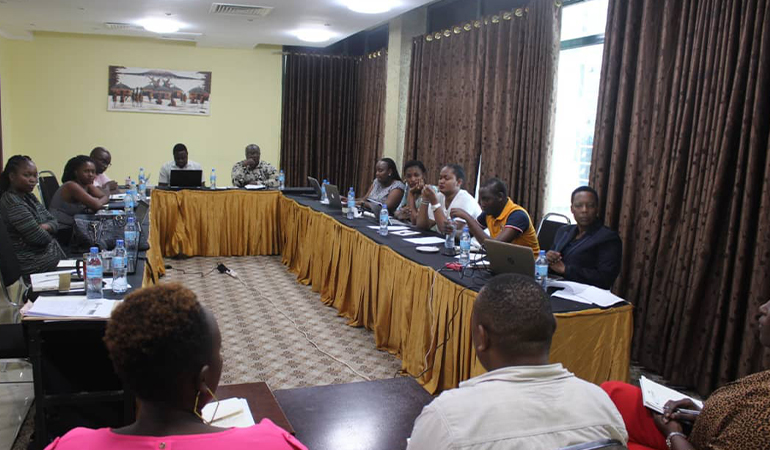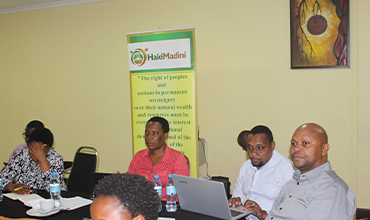Working For Pro Poor Mining Sector in Tanzania:....... Donate Now.
Policy Research

Following the resignation of Julius Nyerere as President in 1985, the new Tanzanian Government, reform the systems of social, economic and political organization that has been in place since independent in 1960. The process of shifting Tanzania from a socialist economic model to a capitalist system was primary driven by the need to stimulate development, and considerable emphasis was placed on the need to attract foreign investment
The subsequent changes in laws and Government policies granted considerable freedom to multi-national investors at the cost of community benefits and business initiatives and inadequate benefits that Tanzania generates from foreign investments especially mining investments.
The subsequent changes in laws and Government policies granted considerable freedom to multi-national investors at the cost of community benefits and business initiatives and inadequate benefits that Tanzania generates from foreign investments especially mining investments.
Operating within the current regulatory and policy framework, large scale mining investment has brought a variety of undesirable impacts, including that:
- The dominance of large multinational corporations has resulted in the movement of valuable natural resources, and the associated value addition processes that might be associated with development, away from Tanzania.
- Large scale mining investments displace pre-existing small mining operation while also frequently excluding local people for potential employment in the mining operations.
- Collections of fees and royalties have not been substantially transparent and possibly unfair compared to what companies supposed to pay according to what they get.
- Directing the revenue collected to central government away from local and district government and leave unfair small amount to local government especially district government.
- Affected communities are rarely consulted or compensated for loss of livelihood, land or environmental condition
- Government loses a lot of money through international arbitration from mining companies and other sectors investment arbitration. In order to ensure that mining sector generates adequate income and rents to eradicate poverty and finance Tanzanians growth and development we need strong regulatory frameworks.
Search
Activities
Useful Links
Subscribe Us
Subscribe us and get latest news and
upcoming events.
upcoming events.
Donate us to achive our goal
Working for pro poor mining sector that benefit
all Tanzanians
all Tanzanians





